
For a template to create your own plan, visit PreparedBC
Your household emergency plan should include:
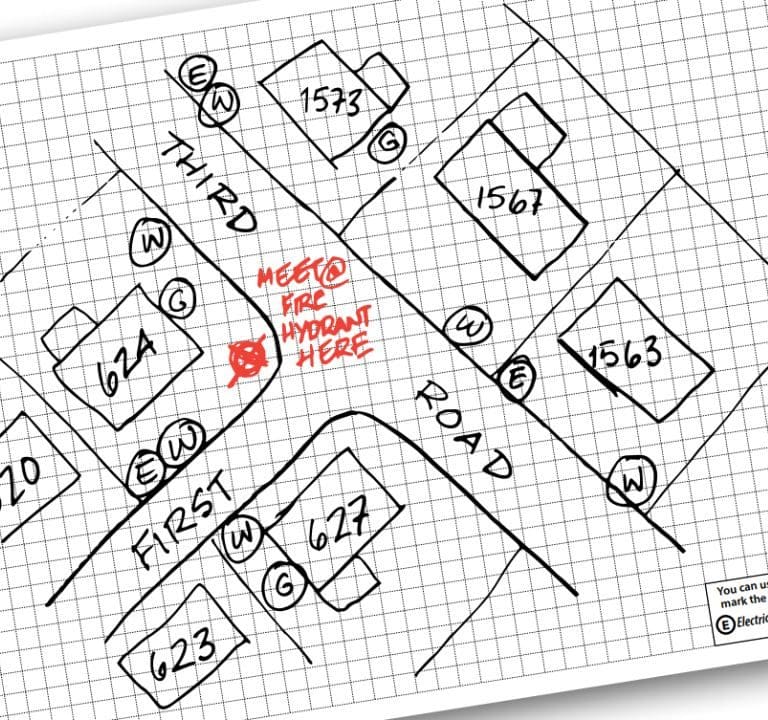
There is a good chance that you will not be with your loved ones when an emergency occurs. To prepare for these separations, identify a neighbourhood reunion site: •
- The 1st meeting place should be a location right outside the home. The site where household members would meet in case of a sudden emergency, such as a fire.
- The 2nd meeting place should be a building or open area outside of the neighbourhood in case family household members cannot return home. Take into consideration the location of schools, daycares and workplaces.
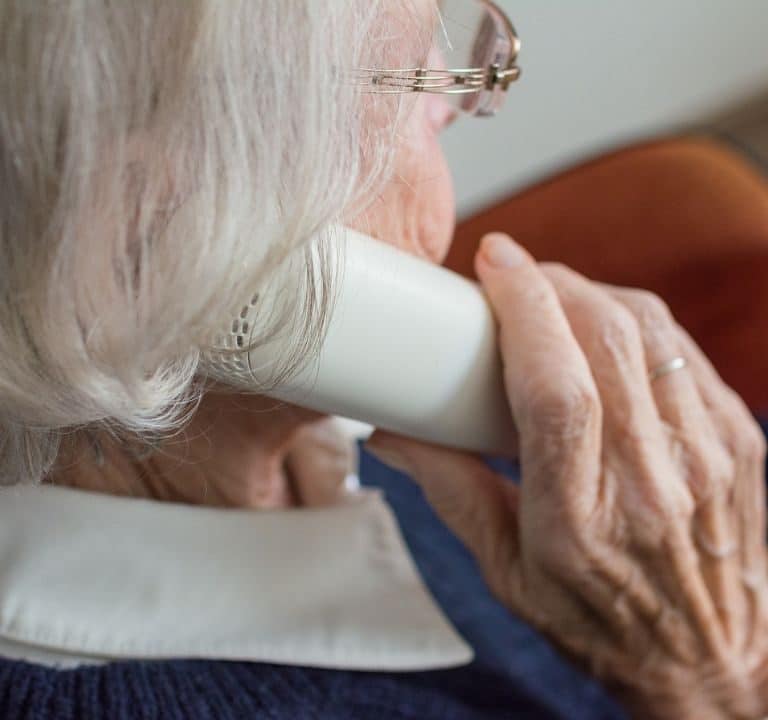
During an emergency, local telephone networks can become overloaded and making a long distance telephone call is often easier than a local call.
- To reconnect with your family following the incident, choose an out of province contact who has voice-mail to act as the main point of contact for your household in an emergency.
- Make sure all family members know the telephone number and how to use it.
- Immediately following the disaster stay off the phone, leaving it clear for life-threatening emergencies. •
- Once the immediate emergency is over, call or text your out of area contact and tell them how you are and where you plan to be.

During everyday emergencies up to larger disasters, you may need to access important contact numbers, health information and household documents. Keep copies in two secure locations, which can include paper, USB, or virtually. A safety deposit box, a fireproof safe or watertight bags in the freezer work very well.
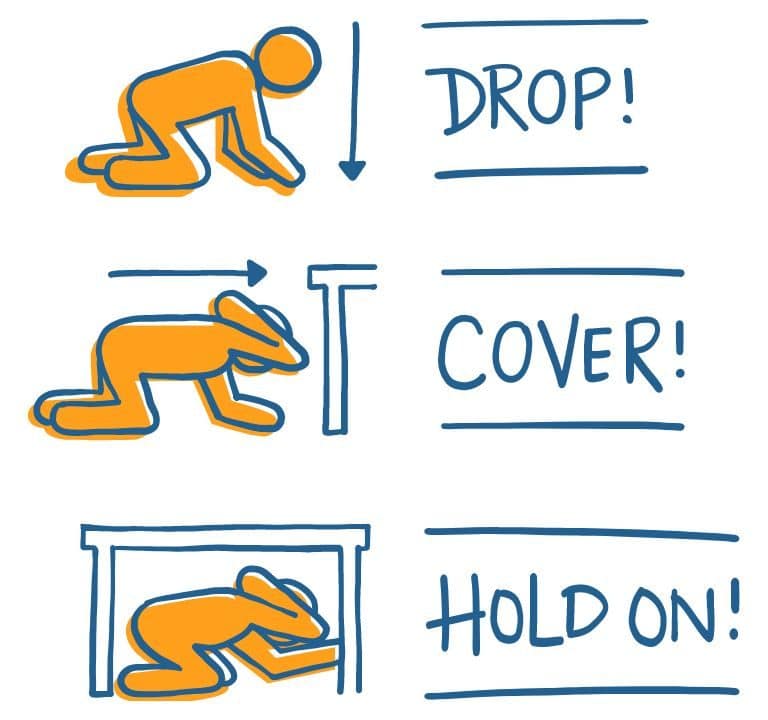
Ensure everyone in the family knows how to protect themselves during an earthquake, flood and other disasters. Review your family emergency plan at lease once a year – Emergency Preparedness Week in May and ShakeOut in October are always great reminders! Practice earthquake and fire drills at home.
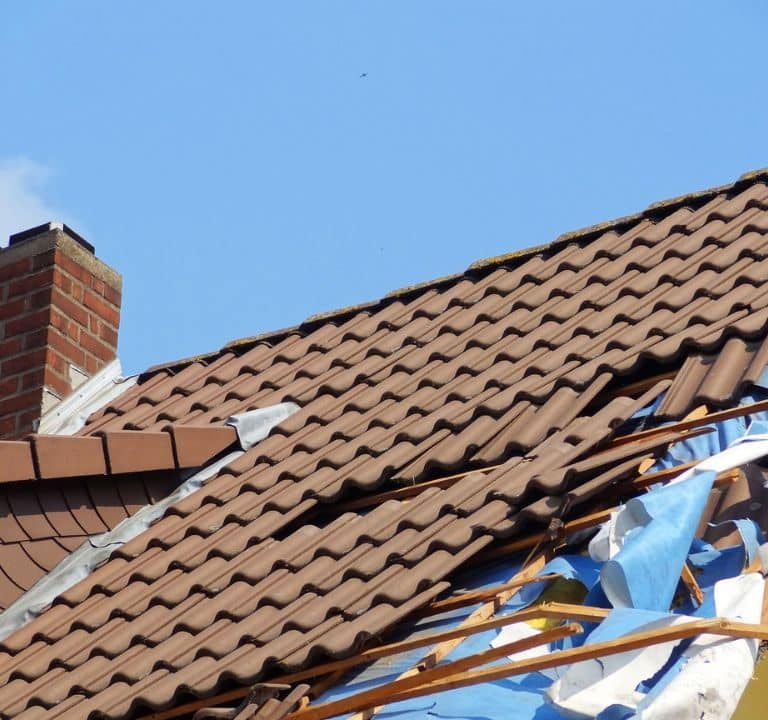
Emergencies such as severe weather and earthquakes can cause physical damage, including causing power outages and gas leaks. Know how to check and turn off the utilities if necessary. Also know how to deal with other hazards such as downed electric lines, broken glass, dangerous spills and building damage. Have a plan for maintaining sanitation and clean water.
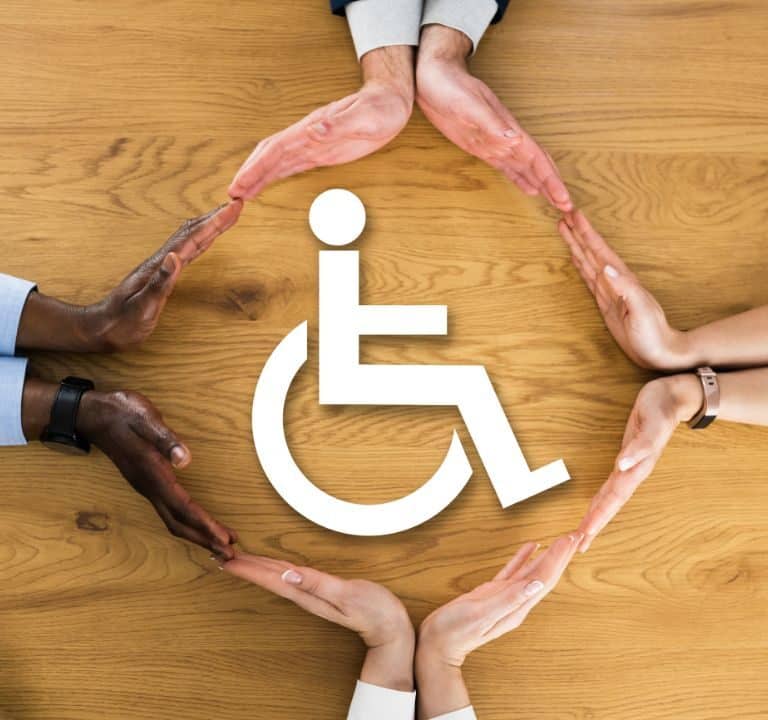
Don’t forget to plan for the unique needs of your household, including those with disabilities, senior citizens, and your pets. Here are some additional resources to assist you in your planning. (Click Here!)